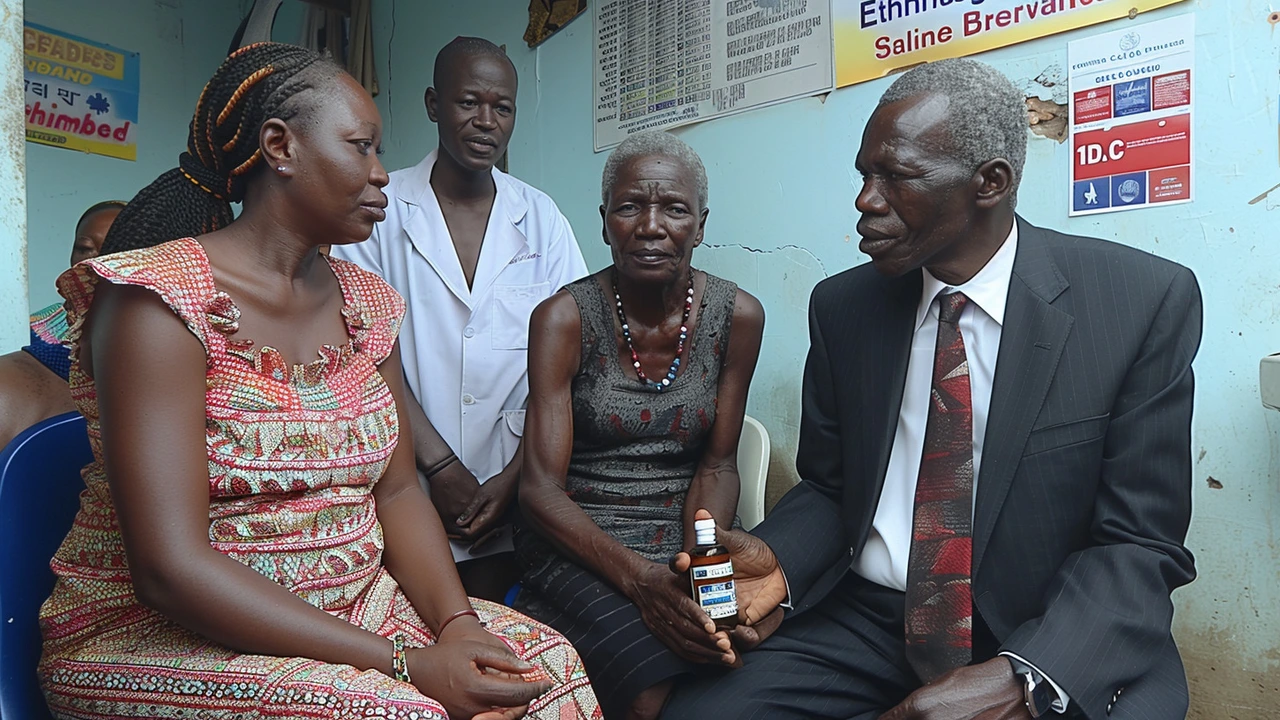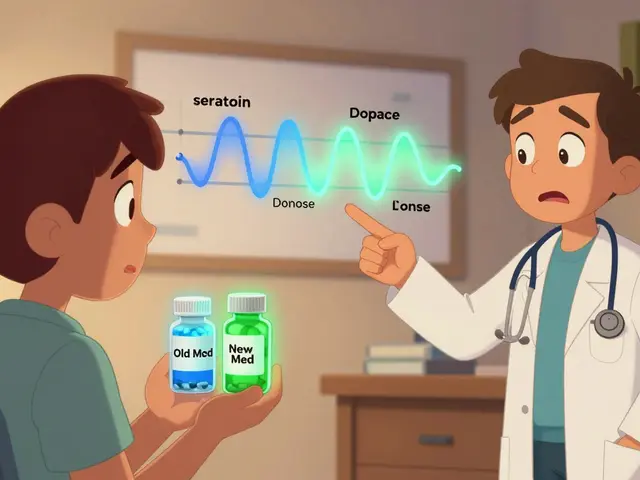Ethambutol and NGO Impact in Tuberculosis Control — May 2024
May 2024 on MyPharmacy-Online focused on one clear issue: how ethambutol helps treat tuberculosis and why non-governmental organizations matter for real-world TB control. You’ll find practical facts about the drug, what to watch for, and the concrete ways NGOs change outcomes—like better testing, steady drug supplies, and patient support.
How Ethambutol Works and What to Watch For
Ethambutol is a standard anti-TB medicine used with other drugs like isoniazid, rifampicin, and pyrazinamide. It slows bacterial growth by disrupting cell wall building in Mycobacterium tuberculosis. That’s why doctors rarely give it alone—using it in a combination keeps resistance low and treatment effective.
Typical adult dosing is weight-based, often around 15–25 mg per kg once daily, but doctors adjust this for kidney problems or specific patient needs. A practical step: baseline vision testing before starting ethambutol and monthly checks after that. The main worry is optic neuritis—signs include blurred vision, trouble reading, or changes in color perception. If those appear, patients should stop the drug and get an eye exam right away.
Ethambutol is generally well tolerated, but monitoring matters. Lab checks, watching for drug interactions, and ensuring the full treatment course are the simple actions that prevent relapse and resistance. When treatment is completed correctly, cure rates are high.
NGOs: From Screening to Supply Chains
NGOs make a direct difference in how ethambutol and other TB medicines reach people. They run community screening events, mobile clinics, and awareness campaigns that find cases earlier. Early diagnosis shortens the time before treatment starts, which lowers transmission in households and workplaces.
On the logistics side, NGOs often fill gaps in supply chains. They help stock local clinics, fund cold chains when needed, and coordinate emergency shipments during shortages. That practical work keeps treatment uninterrupted—one of the biggest factors in preventing drug resistance.
Support programs are another NGO focus. Community health workers provide treatment support, remind patients to take pills, and connect families to nutrition or housing help. These small supports boost adherence. Groups like Doctors Without Borders and national TB charities also push for policy change, better labs, and funding—efforts that raise care quality over time.
Putting it together: ethambutol is a useful, targeted drug when used in the right regimen, and NGOs help make sure the right patients get it and finish treatment. If you or someone you care for is on TB therapy, ask about baseline vision checks, clear dosing instructions, and local NGO support programs that may offer free tests, counseling, or medication delivery.
This May archive entry highlights both the clinical side—how to use ethambutol safely—and the on-the-ground work NGOs do to keep treatments available and effective. Practical steps and active community programs move the needle on TB control.

Ethambutol's Role and NGO Impact in Tuberculosis Control
This article explores the vital role of Ethambutol in tuberculosis treatment and the significant contributions of non-governmental organizations in TB control. By understanding the medication's importance and how NGOs create awareness and access to care, we can appreciate the combined efforts needed to combat this global health issue.
Categories
- Medications (70)
- Health and Medicine (61)
- Health and Wellness (36)
- Online Pharmacy Guides (16)
- Nutrition and Supplements (9)
- Parenting and Family (3)
- Environment and Conservation (2)
- healthcare (2)
- prescription savings (1)



